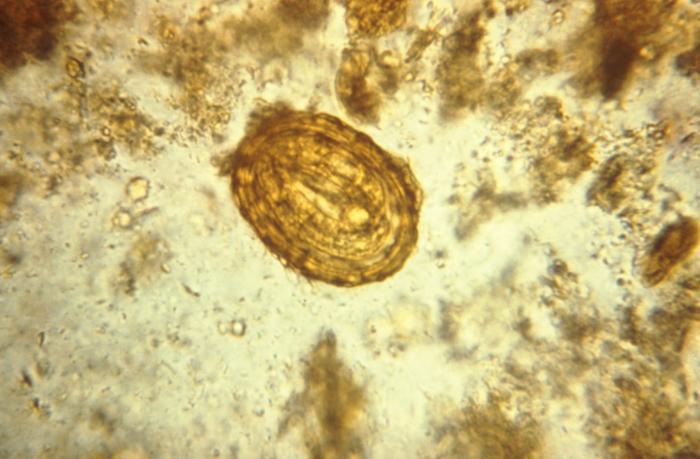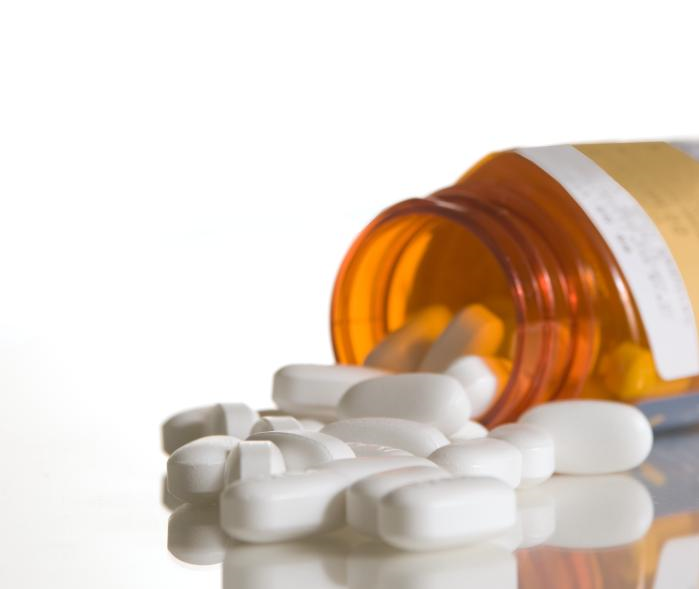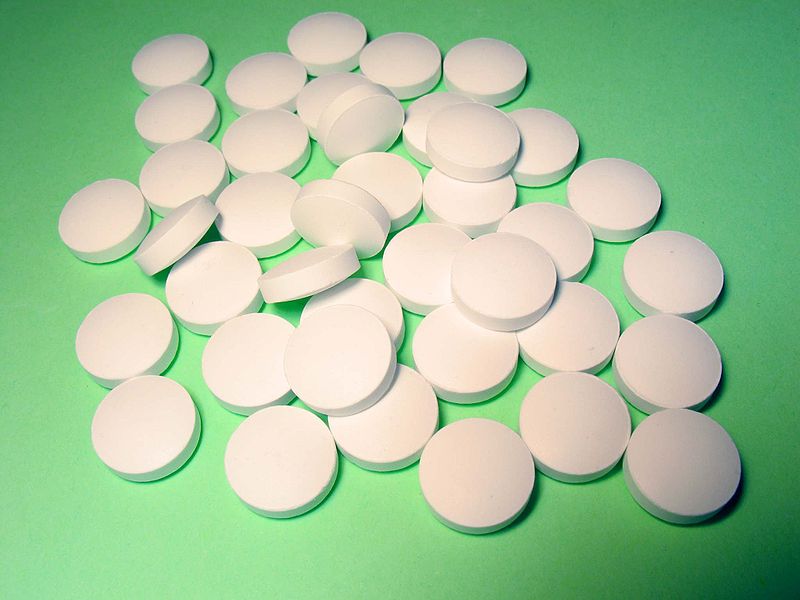Drugs Used for leprosy
- Dapsone
- Rifampicin
- Clofazimine
Treatment of leprosy
Initial phase -6-12 month
- Dapsone 50 – 100mg o.d
- Clofazimine 50 – 100mg o.d
- Rifampicin 600mg monthly
Continuation phase
- Dapsone 50 – 100mg o.d for 2 -3 years
Dapsone
it is a chemically related sulfonamides.
Mechanism of action
Same as that of sulfonamides. It acts by inhibiting folic acid synthetase.
Antibacterial spectrum
Mainly acts against:
- Mycobacterium leprae
- Effective against plasmodium
- Drug is effective against pneumocystitis kerani or jerovaci.
Pharmacokinetics
Well absorbed after oral administration. Distributed mainly to skin, liver, kidneys and reticuloendothelial cells. Drug cannot penetrate into CNS. It is mainly metabolized by acetylation.
Half life is 1-2 days.
Therapeutic uses
- Treatment of leprosy in combination with other drugs
- Treatment of immunocompromised patients having pneumonia caused by pneumocystitis kerani or jerovaci.
- Treatment of malaria especially prophylaxis of malaria in combination with pyrimethamine.
- Also used in non-infectious skin disorders known as dermatitis herpeteformis
Adverse effects
As is a sulfonamide, can cause:
- Crystal uria
- Allergic reactions
- Skin rashes
- Blood dyscrasias (leukopoenia, thrombocytopenia)
- GIT upsets
Dose 50-100 mg once daily
Clofazimine
Chemically phenazine derivative.
Mechanism of action
Acts by two mechanisms:
- Binds DNA and interferes with replication.
- Has redox properties, it is converted into oxygen radicals which act as cytotoxic agents for bacteria.
Pharmacokinetics
Drug is mainly absorbed after oral administration. It has high volume of distribution and accumulates in various tissues, reticuloendothelial cells, liver, kidneys, etc.
Half life is very high, more than dapsone. (72 hours).
Uses
Mainly used for the treatment of leprosy in combination with other drugs.
Adverse effects
- Causes discolouration of skin (blackish to brown)
- May also cause GIT upsets.
- Enteritis, which has allergic basis.
Dose Same as that of dapsone 50-100 mg once daily.
Lepra reactions
During treatment of leprosy certain reactions occur, known as lepra reactions. These have immunological basis, due to allergies. They are of two types:
- Reversal reaction
Skin and nerve lesion without systemic effects
- Erythema nodosum leprosum
Systemic effects like fever etc.
Treatment
Prednisolone 60mg/day or Thalidomide 300mg/day.
Pregnant females are not given thalidomide as is teratogenic (limb abnormality).
 howMed Know Yourself
howMed Know Yourself




